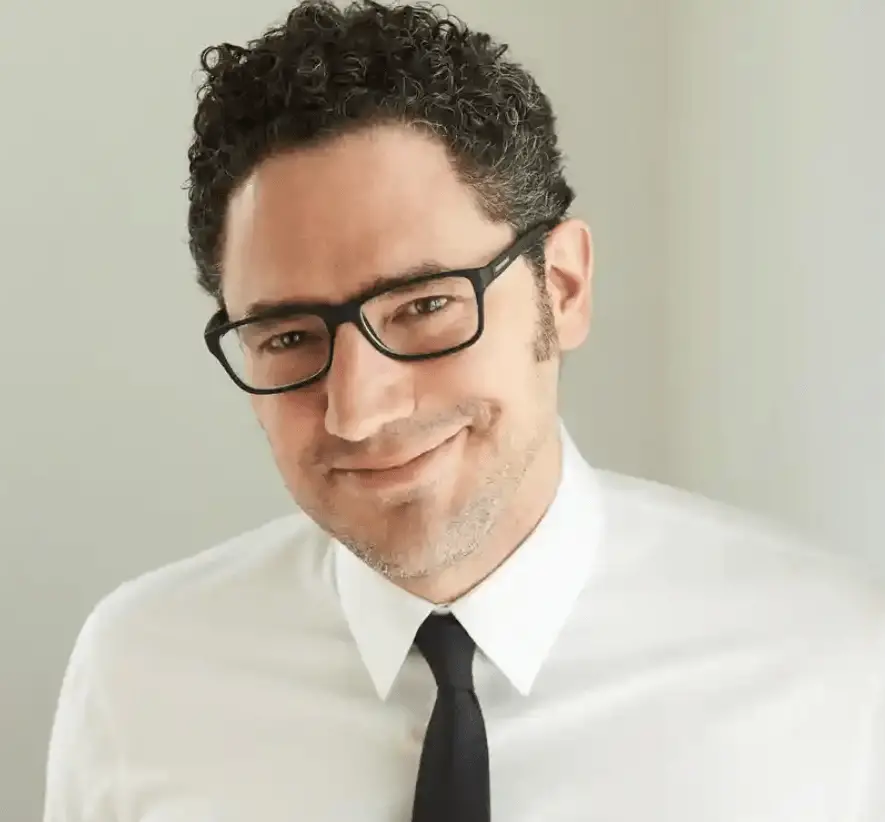All Our Wrong Todays, by Elan Mastai
Most of us have read stories about future dystopias, for a while they were a dime a dozen. But Elan Mastai’s takes this premise and gives it a unique spin: what if the life we now know, the life of 3D printers, cell phones, microwaves, the internet – what if we are the dystopia, a pale shade of what might have been?
An Alternative, Boundless Earth
In Tom Barren’s 2016, things are pretty swell, despite his being the lackluster son of a genius father. There are moving sidewalks and flying cars, instantaneously produced clothing that is recycled daily, food packs full of nutrients and flavor, neural communications and entertainments. The air is clean, the water is pure, the world is (more or less) at peace and virtually everyone is content. The theory of time travel (of which Tom’s father is the world’s authority) is nearing experimentation. All this largess is primarily due to the implementation, on July 11, 1965, of the Goettreider Engine, an amazing device that harnesses the constant rotation of the Earth to generate “boundless, robust and absolutely clean energy.”
But when the first foray into actual time travel goes tragically awry, the past is altered and Tom finds himself in a far different reality—our reality. Not only is the world vastly different, from the oily-smelling air to the horror of petroleum-powered vehicles and combustion engines and clothing actually made from plant and animal fiber (to name just a few) but his family dynamic is also drastically changed. And it’s all Tom’s fault. Now the question is—can he fix it? Or perhaps the better question is—should he?
That’s a very intriguing question, the answer of which is not really clear—which is part of the draw of this book.
Full disclosure, I admit that initially I was put off by the literary styling of All Our Wrong Todays: extremely short chapters written in a very disjointed voice that seemed to ricochet from apologizing to extemporizing and back to apologizing again. Even knowing that the narrative was the journaling of a confused, mundane loser couldn’t keep me from feeling jerked around by choppy prose that seemed to set up constant mini-cliffhangers at the end of each micro-chapter.
But the further I got into the story, the more appropriate that styling became and the more it seemed to bolster the character of Tom rather than distract from the narrative. And by the time the story progressed to discussions of time travel and alternate realities and humanist conundrums, I needed to be fed in small, simple doses.
A World Too Good to Be True?
One of the main tenets of the novel comes from real-life cultural theorist Paul Virilio—the idea that every time you introduce a new technology, you also introduce the accident of that technology, so while you can anticipate the good it will do you must also figure out just how badly it can screw things up. This adds an interesting philosophical angle to the narrative without getting bogged down into theoretical and technological minutia. In fact, All Our Wrong Todays throws in a number of diverse and yet recognizable layers that end up actually enhancing the story rather than distracting from it.
While indeed, the world that Tom originates from is a bit too good to be true, the dilemmas he faces are not diminished by it—and after all, he’s speaking from his own experience and his own understanding which is, as he himself freely admits, somewhat naive. Still, All Our Wrong Todays adds to my belief that time travel, while imaginative, is best left the heck alone. Thankfully, the novel goes about bolstering that belief in a fun and entertaining way.
~ Sharon Browning


